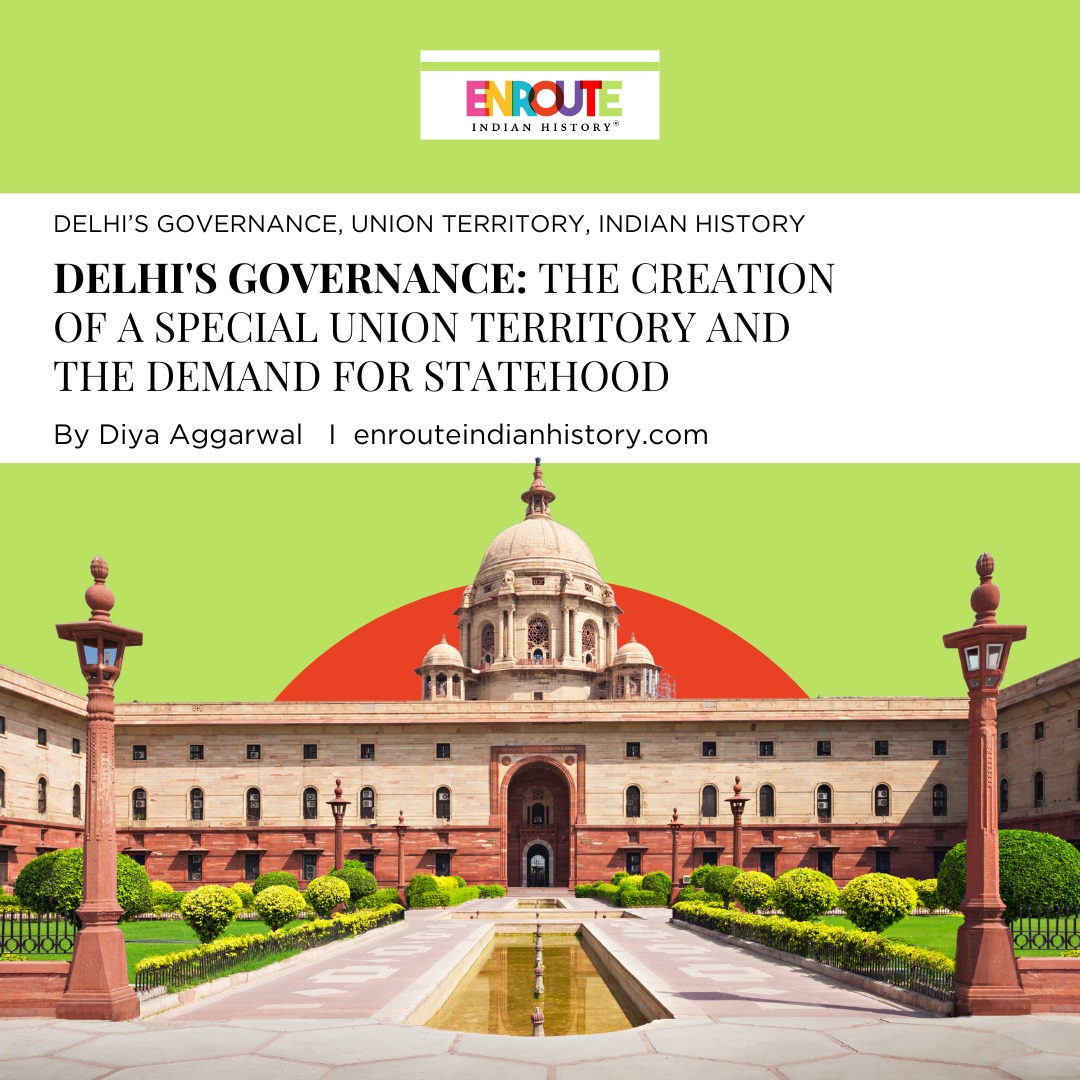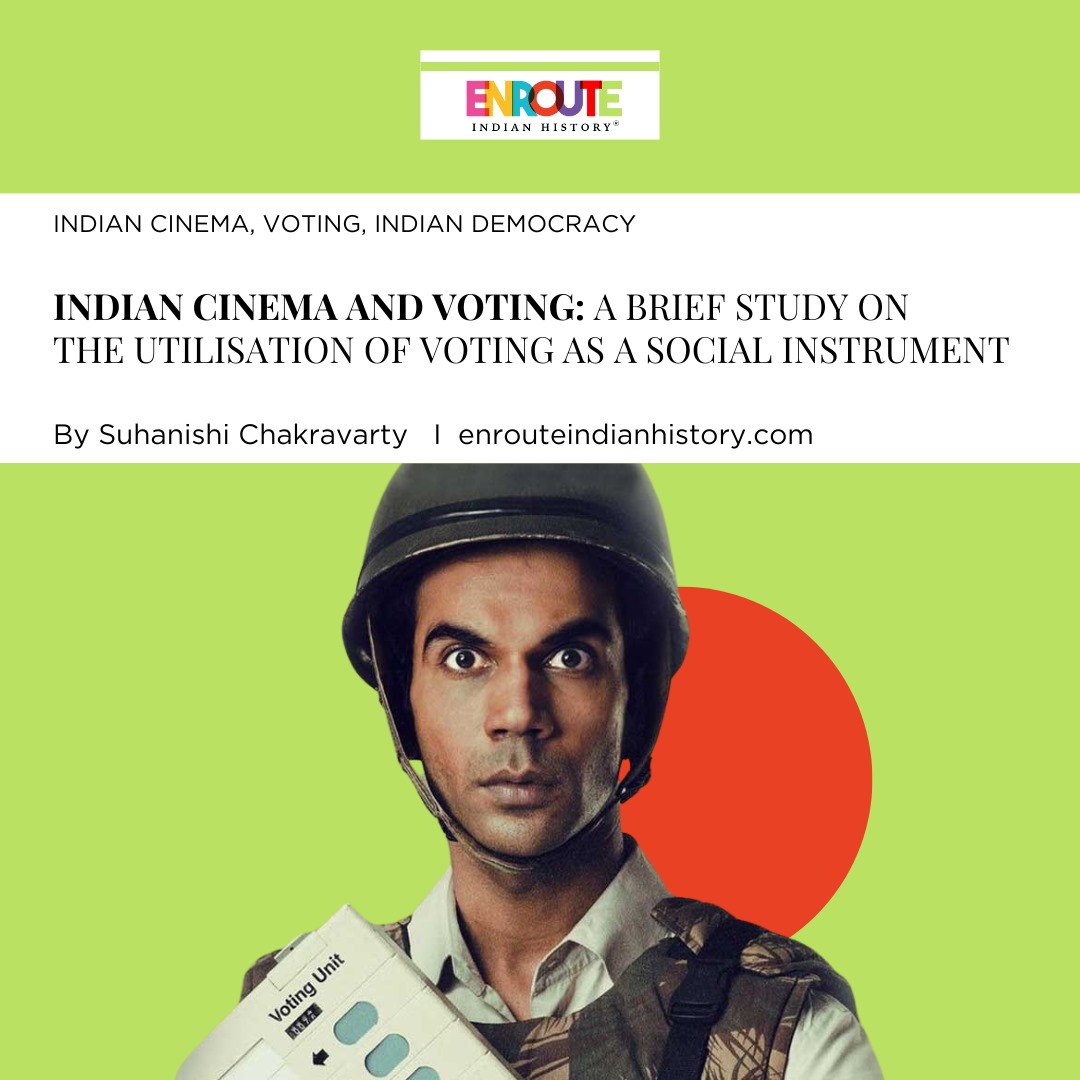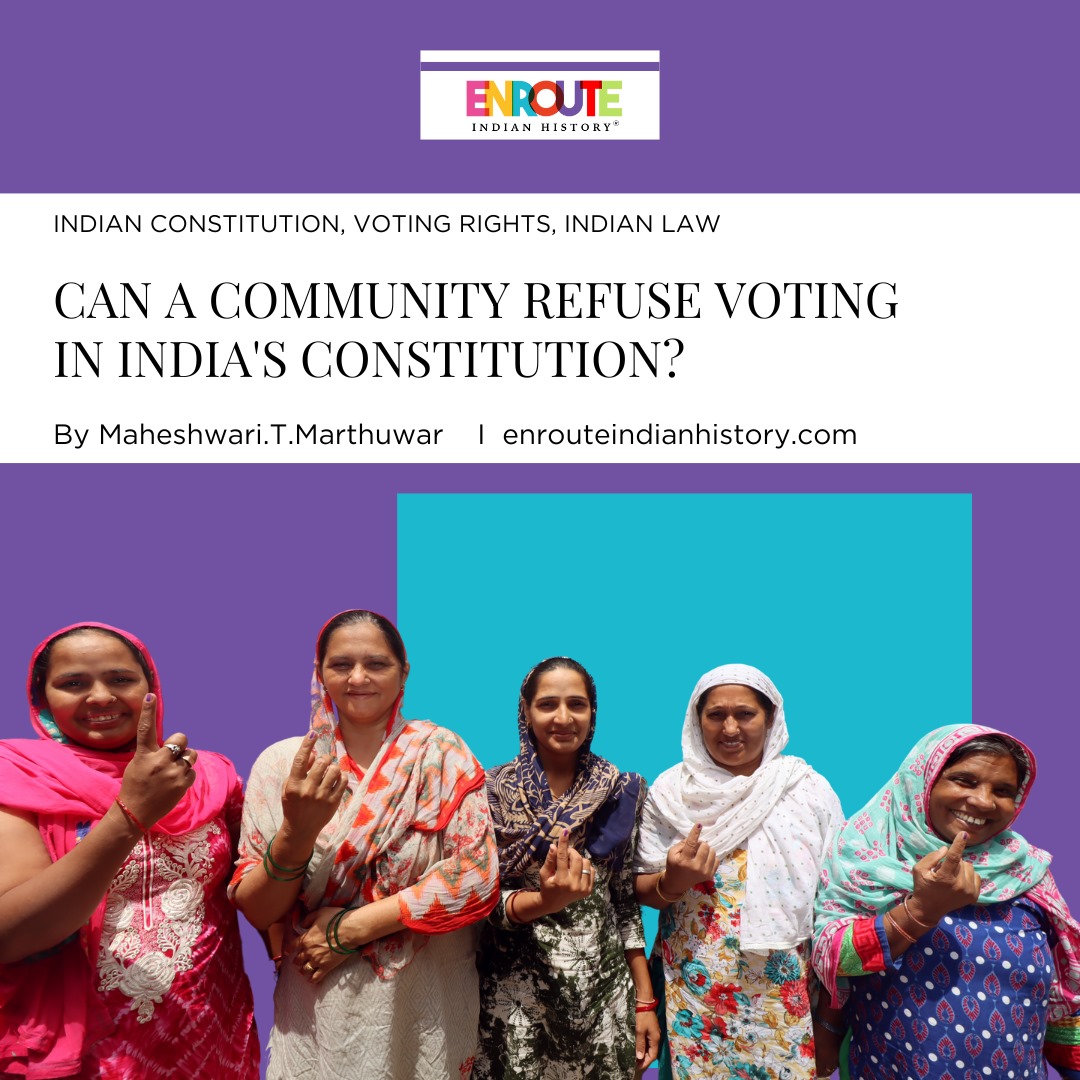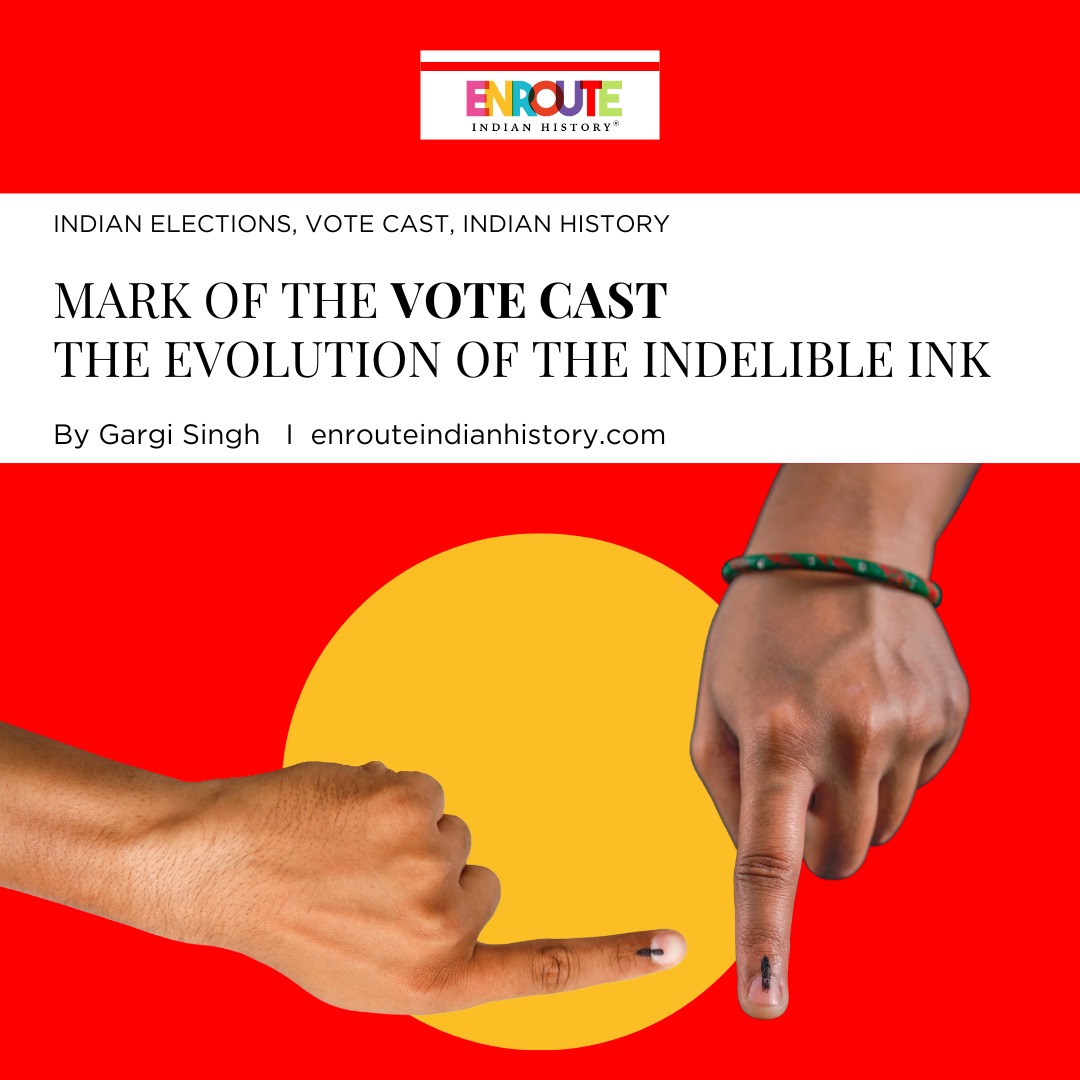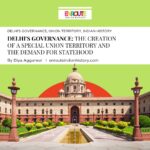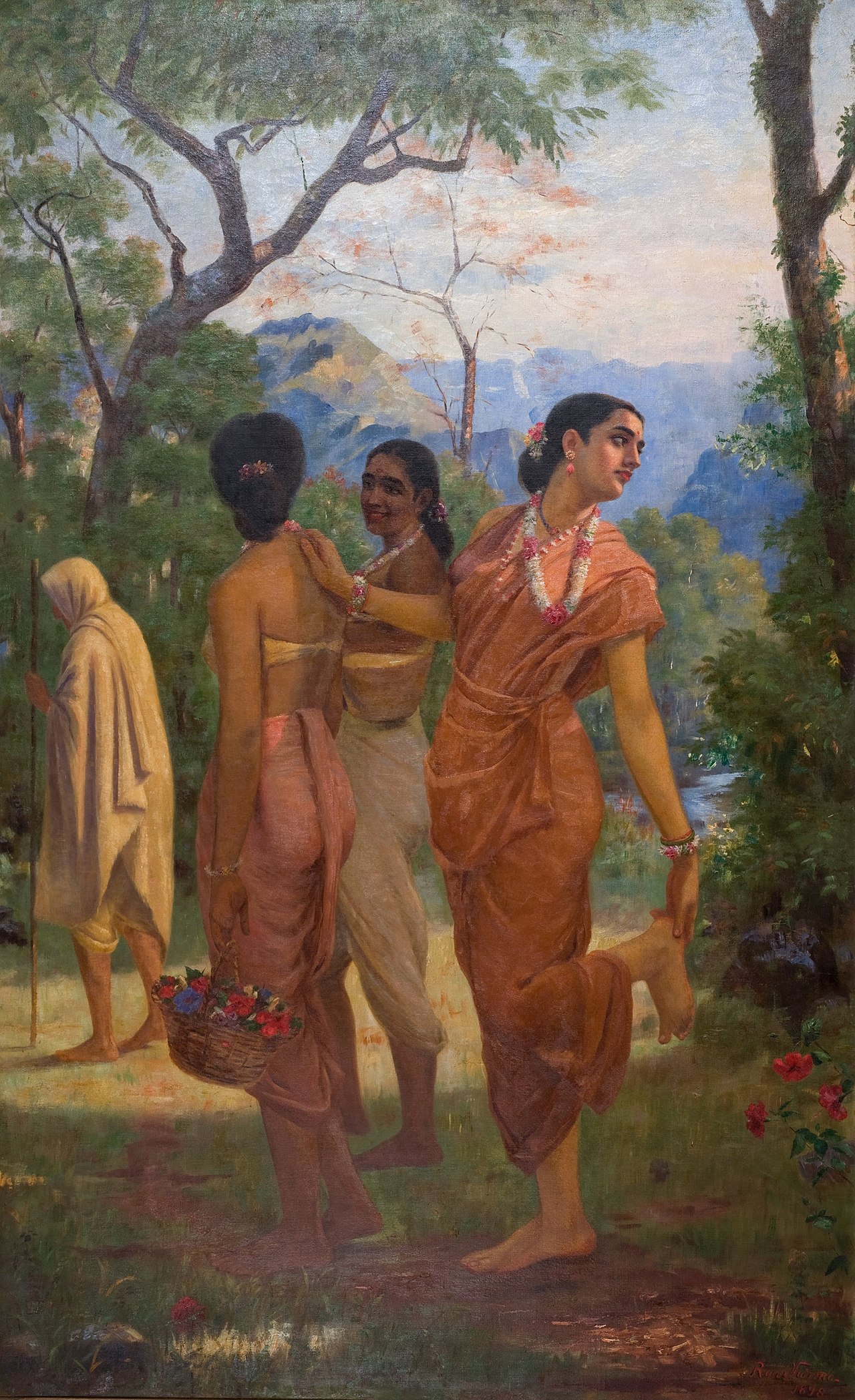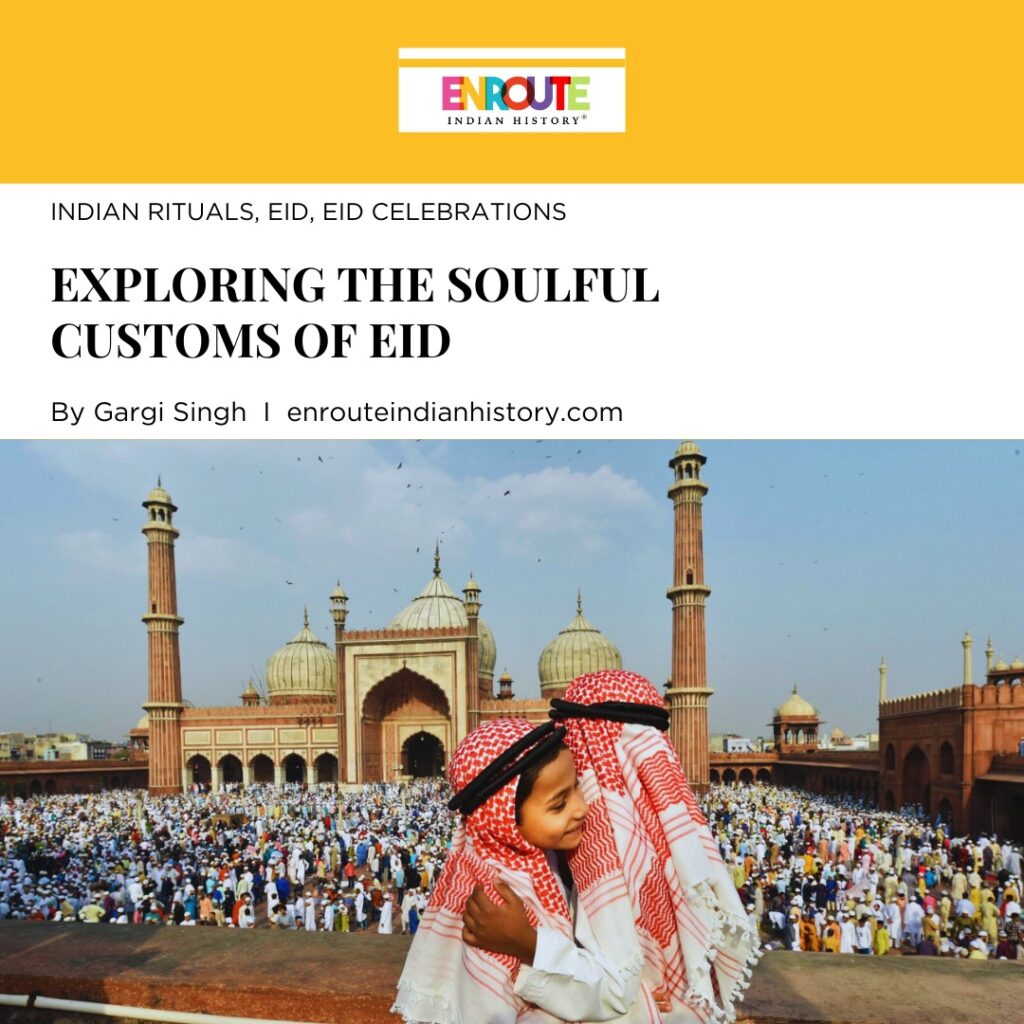
Eid is a sacred occasion in the Islamic calendar, celebrated with a rich concoction of rituals that deepen connections to faith, community, and tradition. From the break of dawn to the twilight hours, Muslims around the world partake in a series of cherished practices that imbue this festive day with profound meaning and significance.
Majorly there are two major types of Eid, Eild-ul-Fitr (Festival of the breaking of the Fast i.e., Ramadan) and Eid-ul-Adha (Feast of the Sacrifice), falling at different times of the year according to the Lunar Islamic Calendar or the Hijri Calendar followed by Muslims across the globe. While Eid-ul-Fitr usually is celebrated on the onset of the 10th month of the Islamic calendar i.e., Shawwal after the sighting of the new crescent moon marking the end of the month of Ramadan, Eid-ul-Adha is celebrated just over two months after Eid-ul-Fitr, coinciding with the end of the Hajj pilgrimage to Mecca, Saudi Arabia.
The customs and rituals of the two Eid are not very different, except for the Qurbani ritual, which is specific to Eid-ul-Adha. Of the two Eid’s, Eid-al-Adha is considered the holier one, as it is a celebration to honor the faith and devotion of Prophet Ibrahim to Allah. However, both the Eid’s hold great significance to the approximately 2 billion Muslims around the globe.
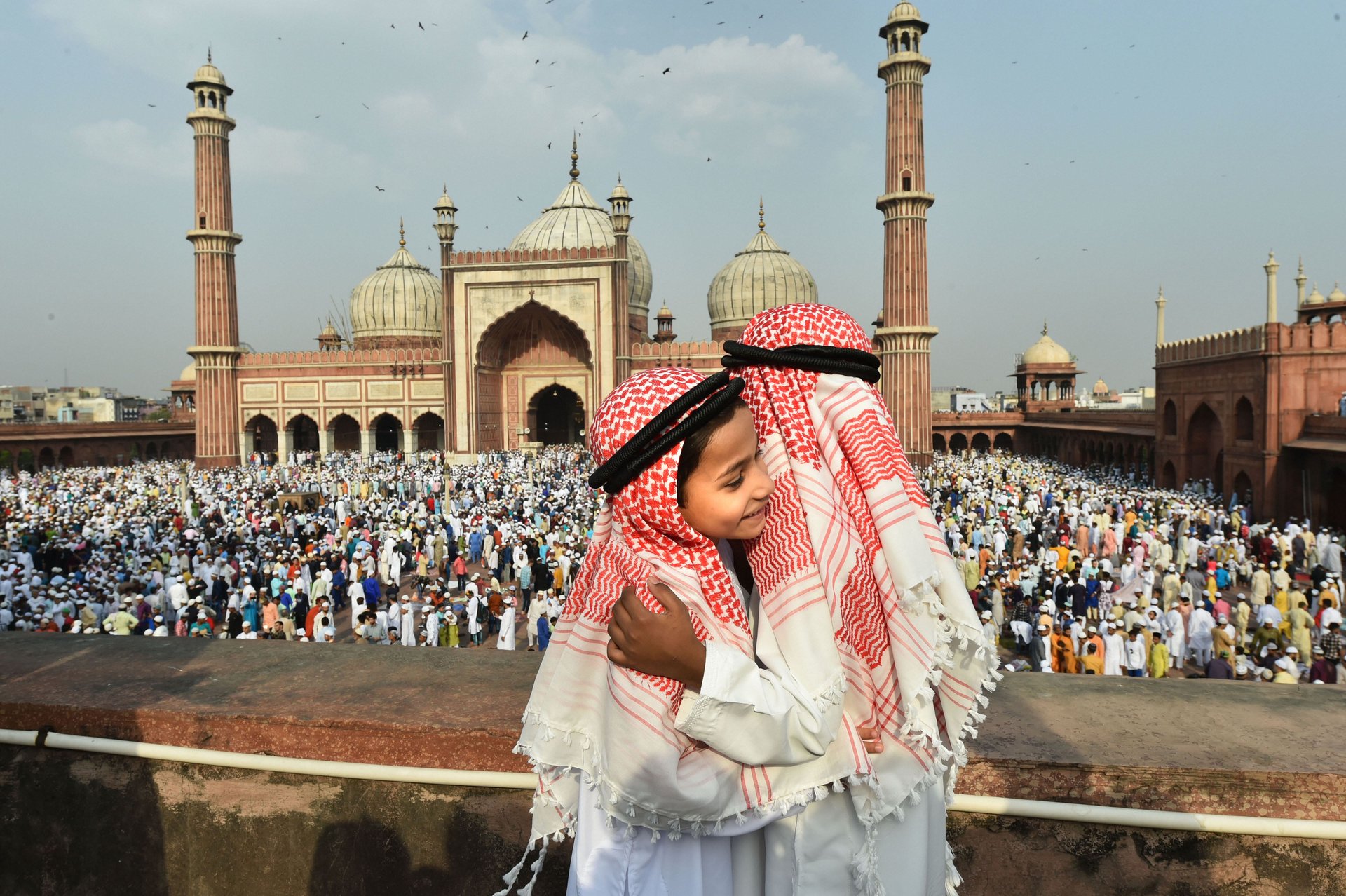
(Image Description: Young boys greet each other after offering ‘namaz’ at Jama Masjid.
Source: Press Trust of India)
Fitrana or Zakat ul-Fitr: Charity of Eid
Before the Eid prayer, Muslims fulfill their obligation of giving Fitrana or Zakat ul-Fitr, a form of charity aimed at ensuring that everyone in the community can participate in the joyous festivities without hardship. This charitable act, often in the form of food or monetary donations, exemplifies the spirit of compassion and generosity that is central to the teachings of Islam through the five pillars of the religion.
Fitrana strengthens the bonds of solidarity within the community, fostering a sense of shared responsibility and care for those in need. It amplifies the importance of charity and social justice in Islam, reminding believers of their duty to uplift and support one another, especially during times of celebration.
Salat al-Eid: Prayer of Eid
At the crack of dawn on Eid morning, Muslims gather for a special prayer called, Salat al-Eid, which is recited after the regular Salat al-Fajr – the regular dawn prayer that signifies spiritual renewal and awakening. The recitation of the Eid Takbir is also done before the prayer.
As the first light of day spreads across the horizon, believers assemble in mosques or designated prayer spaces to commence their day with acts of devotion. This early morning prayer is said with the imam’s sermons and with the Surah-al-Fatihah, which sets the tone for the day ahead, instilling a sense of gratitude and connection to the divine. The dawn prayer during Eid holds special significance as it marks the beginning of a day dedicated to celebration and worship. Muslims seek blessings and guidance through their supplications, reflecting on the spiritual journey of Ramadan and preparing their hearts for the festivities that lie ahead.
Laylatul Qadr’s night occurs in the last 10 nights of Ramadan. In the Quran and the Hadith, it is mentioned how the prayers done in this period are especially significant and some Islamic scholars and commentators have suggested that these prayers are equivalent to worshipping for 83 years. Similarly, Shab-e-Barat, or the Night of Destiny, falls in the month of Sha’ban i.e., the eighth month of the Islamic Lunar Calendar, is celebrated before the holy month of Ramadan and is a festive eve for the preparation of the upcoming sacred celebration of Muslims across the globe.
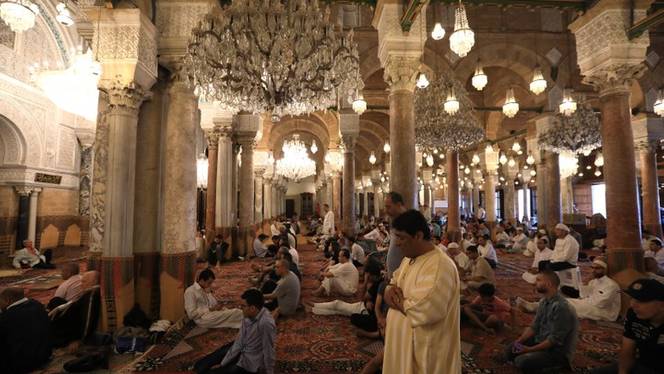
(Image Description: Muslims gather to perform the Eid al Fitr prayer at Al Zaytuna Mosque in Tunis, Tunisia on June 15, 2018.
Source: TRT World Website)
Exchange of Greetings: Eid Mubarak
Following the Eid prayer, the air is filled with greetings and well-wishes of “Eid Mubarak,” meaning “Blessed Eid.” This exchange of greetings is more than a social nicety; it is a heartfelt expression of camaraderie among family, friends, and neighbors. Muslims embrace one another with warm hugs and share kind words, spreading happiness and goodwill throughout the community.
The tradition of exchanging greetings on Eid fosters a sense of unity and belonging, reinforcing the bonds of love and friendship that characterize the festive season. It is a time for reconnecting with loved ones and reaching out to those in the community with acts of kindness and compassion.
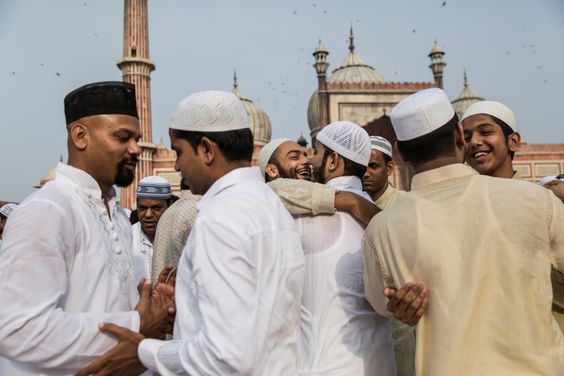
(Image Description: People celebrating Eid and wishing each other wellness.
Source: iStock via The Statesman)
Festive Feast: Culinary Extravaganza
One of the most anticipated rituals of Eid is the elaborate feast that follows the morning prayers. Families come together to enjoy a culinary extravaganza featuring a delectable array of dishes, from savory biryanis and kebabs to sweet treats like Eid Baklava and Sheer Khurma. The Eid feast is a celebration of abundance and generosity, with tables laden with delicious delicacies.
The feast is not just about indulging in food; it is a communal experience that strengthens family ties and fosters a spirit of hospitality. Sharing meals with loved ones is a cherished tradition that brings joy and satisfaction, embodying the spirit of generosity and gratitude that defines Eid celebrations. Sharing food is also a symbol of fostering togetherness and a sense of collective belongingness.
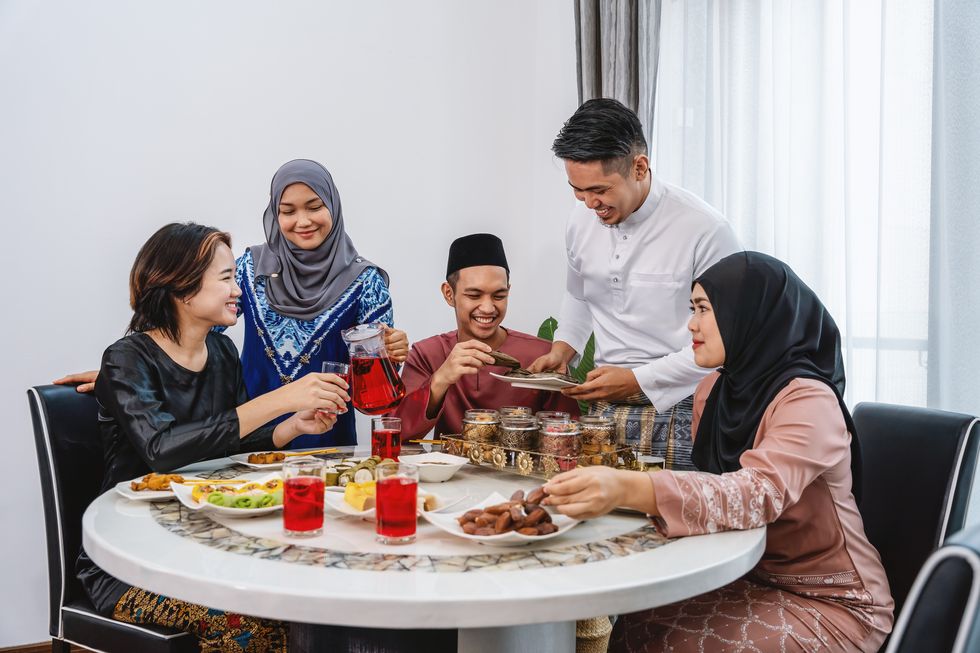
(Image Description: A family celebrating Eid with the Eid feast
Source: Constantine Johnny via Getty Images)
Tradition of New Attire: Dressing for Renewal
Another beloved tradition of Eid is the custom of donning new clothes and finery for the occasion. Muslims take pride in dressing their best on Eid day, wearing vibrant traditional garments like the shalwar kameez or elegant dresses and suits. This tradition symbolizes a fresh start and renewed faith, reflecting the importance of outward appearance in aligning with inner spiritual renewal.
The streets come alive with color and patterns as people parade in their finest attire, creating a festive atmosphere that mirrors the joy and vibrancy of Eid. The tradition of wearing new clothes also signifies the importance of self-care and personal presentation as acts of worship and devotion.
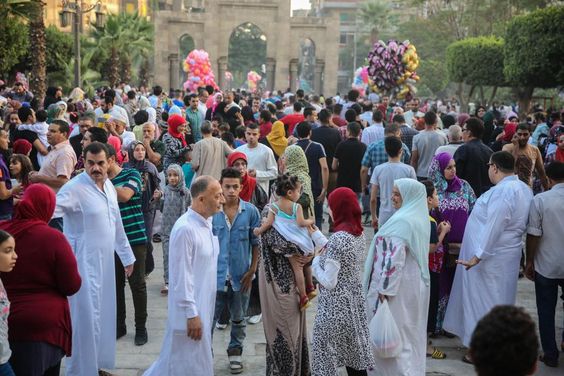
(Image Description: Muslims arrive to perform the Eid al Fitr prayer at the mosque and religious school of Sultan Hassan in Cairo, Egypt on June 15, 2018
Source: TRT World Website)
Visitation of Graves: Honoring Departed Loved Ones
As the day draws to a close, another poignant ritual unfolds—the visitation of graves to pay respects to departed loved ones. Muslims gather at cemeteries or burial grounds to offer prayers and recitations for the deceased, seeking blessings for their souls and solace for their hearts. This ritual is a reminder of the transient nature of life and the importance of cherishing moments of love and connection with those who have passed on.
Amidst the festivities, Eid is also a time for introspection and spiritual contemplation. Muslims reflect on their journey of self-discipline and spiritual growth during the month of Ramadan, reaffirming their commitment to faith and righteousness. The spirit of Eid extends beyond the realm of celebrations, inspiring believers to strive for excellence in their deeds and character throughout the year.
In conclusion, the rituals of Eid embody the essence of devotion, gratitude, and a community sense of collective belongingness. From the break of dawn prayers to the heartfelt exchanges of greetings, from the festive feasts to the reflections on spiritual growth, Eid is a day of celebration and contemplation. Through these cherished rituals, Muslims around the world come together to embrace the spirit of Eid, forging bonds of love, compassion, and unity that transcend boundaries and enrich the soul. Eid is not just a single day of festivities; it is a profound expression of faith and a celebration of the values that unite believers in their shared devotion to God and humanity.
References
Aid, Muslim. n.d. The Two Types of Eid in Islam. https://www.muslimaid.org/media-centre/blog/the-two-types-of-eid-in-islam/.
Al-Azhari, Sheikh Saalim. 2023. How to pray Eid salah (prayer)? March 27. Accessed April 10, 2024. https://www.islamic-relief.org.uk/resources/knowledge-base/five-pillars-of-islam/salah/eid-salah-prayer/.
Aman, Manal. 2023. What Is Eid al-Fitr? Learn About the Meaning of the Muslim Holiday. February 27. Accessed April 10, 2024. https://www.womansday.com/life/a39631167/eid-al-fitr-meaning/.
BBC. 2024. Why are there two Eids and what is the difference between Eid al-Fitr and Eid al-Adha? April 10. Accessed April 10, 2024. https://www.bbc.co.uk/newsround/41124480.
Hasan, Sh. Abdullah. 2012. The Night of Power (Laylat’l-Qadr): Step by Step Guide. August 9. Accessed April 10, 2024. https://muslimmatters.org/2012/08/09/the-night-of-power-laylatl-qadr-step-by-step-guide/.
Nauf, Najaha. 2024. A How-To Guide On Performing Eid Prayer. April 10. Accessed May 23, 2020. https://muslim.co/how-to-eid-prayer/.
Shiraz, Zarafshan. 2023. Differences between Eid-ul-Fitr and Eid-ul-Adha: Significance, time of celebration, rituals and tradition. June 29. Accessed April 10, 2024. https://www.hindustantimes.com/lifestyle/festivals/differences-between-eid-ul-fitr-and-eid-ul-adha-significance-time-of-celebration-rituals-and-tradition-101687923648475.html.
World, TRT. 2018. Muslims all around the world celebrate Eid al Fitr. Accessed April 10, 2024. https://www.trtworld.com/life/muslims-all-around-the-world-celebrate-eid-al-fitr-18222.


